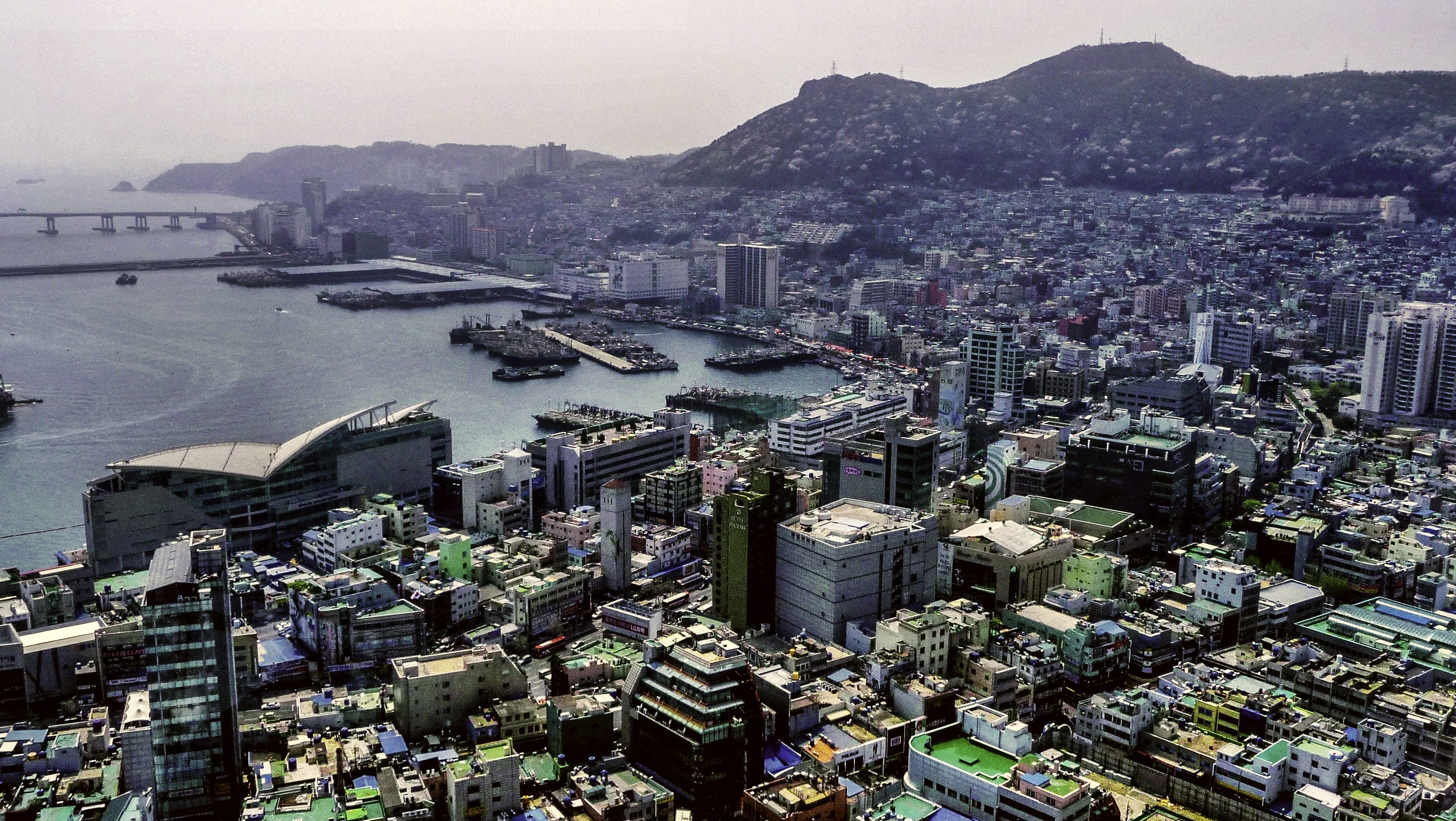what is it like to live in korea

South Koreans work hard, are paid well and savour a stable currency and a high standard of living. The cost of living in South korea is quite reasonable, in full general, though capital urban center Seoul is quite expensive. Housing is typically South Korean residents' biggest expense.
Foreign Nationals
The number of foreign nationals in South Korea is increasing rapidly. More than i million foreigners alive in the land, with about 270,000 in Seoul alone.
Westerners may notice living in South Korea challenging. The civilisation is unlike, and the linguistic communication barrier tin can be significant, particularly with older Koreans. Foreign residents tend to socialize largely with other foreigners. Seoul is crowded, and living quarters are small compared to Western accommodations. But connectivity is loftier; the country has one of the fastest Cyberspace networks in the world. The infrastructure is advanced. Schools are outstanding. Health care is excellent, and cultural opportunities abound.
New arrivals are encouraged to learn some basic Korean phrases.
Average Prices
Those who like traditional Korean nutrient notice prices a lot easier to swallow; a repast at an inexpensive Korean eatery in Seoul can cost nigh half-dozen USD. Only dinner at a top-notch Korean restaurant, such as Seoul's Si Wha Dam, costs nearly 150 USD per person. A groovy way to salve money on food is to consume local foods and cook at home.
Clothing is expensive, peculiarly Western-style clothes. But Seoul rents, although loftier, are roughly one-half of those in New York.
Note, still, that prices in Seoul are a good deal higher than in the rest of South Korea. Living in Busan, for case, costs about lxxx% of what it does in Seoul, and rents are less than half of those in Seoul.
Housing
Not surprisingly, Seoul'south housing market is the least affordable in Republic of korea. Housing is much more affordable in outlying areas of Seoul. In general, housing in Korea is less expensive than in the US.
The quality, selection, and availability of housing in Korea are limited. Some areas popular with foreign families such every bit Itaewon, Ichon-dong, and Pyeongchang-dong offering unmarried-family houses, high-quality educational facilities, easy access to businesses and comfortable living. Exterior the major cities and in rural areas, there are fewer housing options for strange residents.
Housing in neighborhoods with fewer strange residents is usually more affordable than areas with large concentrations of them. And apartments in outlying areas are far less expensive than in Seoul's upscale neighborhoods.
Most Koreans alive in apartments; in Seoul, these are typically high-rise apartments. In neighborhoods geared to foreigners, high-rises may have fitness centers, playgrounds for children and other amenities. Depression-rise accommodations, chosen villas, are also available.
Students and young professionals often cull to alive in studio apartments (one-room) found virtually universities and business districts. These apartments are quite small-scale, notwithstanding, oft only 27 square meters. Some foreign residents choose 'officetels,' which combine living and workspace.
Typically, rental properties are not furnished, though they usually have some basic appliances, such as a refrigerator, stove and washing automobile. In addition to the rent, expect to pay for heating, air conditioning, electricity and/or gas, water, and goggle box.
Transportation
Domestic travel across Southward Korea is relatively piece of cake and inexpensive. Short domestic airline flights connect the major cities. Numerous rider trains cross the Korean Peninsula. Intercity buses are perhaps the virtually popular way to travel around the state. Most all towns in South Korea have regional bus service, and the country'south public transportation system is well-developed and modern.
Public Transportation: Excellent networks of subways and public buses make getting around in Seoul, Busan, Gwangju, Daejeon and Daegu easy and inexpensive. Seoul's subway system, the Seoul Metro, is the second all-time in the world. It is widely used, boasting 5.six million riders per twenty-four hour period. Its cars are extremely clean, well maintained and safe. Signs are in Korean, English, and Chinese. And, the lines are all color coded.
Taxi: Taxis are plentiful, make clean and affordable. They are available at taxi stands, can be hailed on the street or reserved in accelerate, which costs more. In Seoul, both regular and palatial (mobeom taeks) taxis are available. They are besides more than expensive than regular taxis. Special international taxis have drivers who tin can speak English, Chinese or Japanese. They operate on a reservation basis. But, while more drivers are now multilingual, it'south a good thought to accept your destination written in Korean.
Motorcar: With reliable, affordable public transportation available, information technology is not necessary to take a auto. Simply, the country also has an first-class network of expressways and highways. Road signs are in both English and Korean, too as in Chinese on main roads.
Medical Care/Health Insurance
South Korea has excellent medical intendance with state-of-the-art equipment and high-quality service, especially in the larger cities such as Busan and Seoul. In fact, S Korea is becoming an increasingly important medical tourism destination. Both public and private healthcare are available.
The National Health Insurance (NHI) is a mandatory, universal national wellness insurance program operated by Korean Ministry building of Health. Foreign nationals must enroll in the program unless they take equal coverage from the national insurance in their dwelling house country or by insurance provided by an employer. To participate in the NHI system, foreign nationals must offset have an Alien Registration Card (ARC).
hughes-jonesawitin.blogspot.com
Source: http://blog.goinglobal.com/living-in-south-korea/#:~:text=South%20Koreans%20work%20hard%2C%20are,South%20Korean%20residents'%20biggest%20expense.
0 Response to "what is it like to live in korea"
Post a Comment